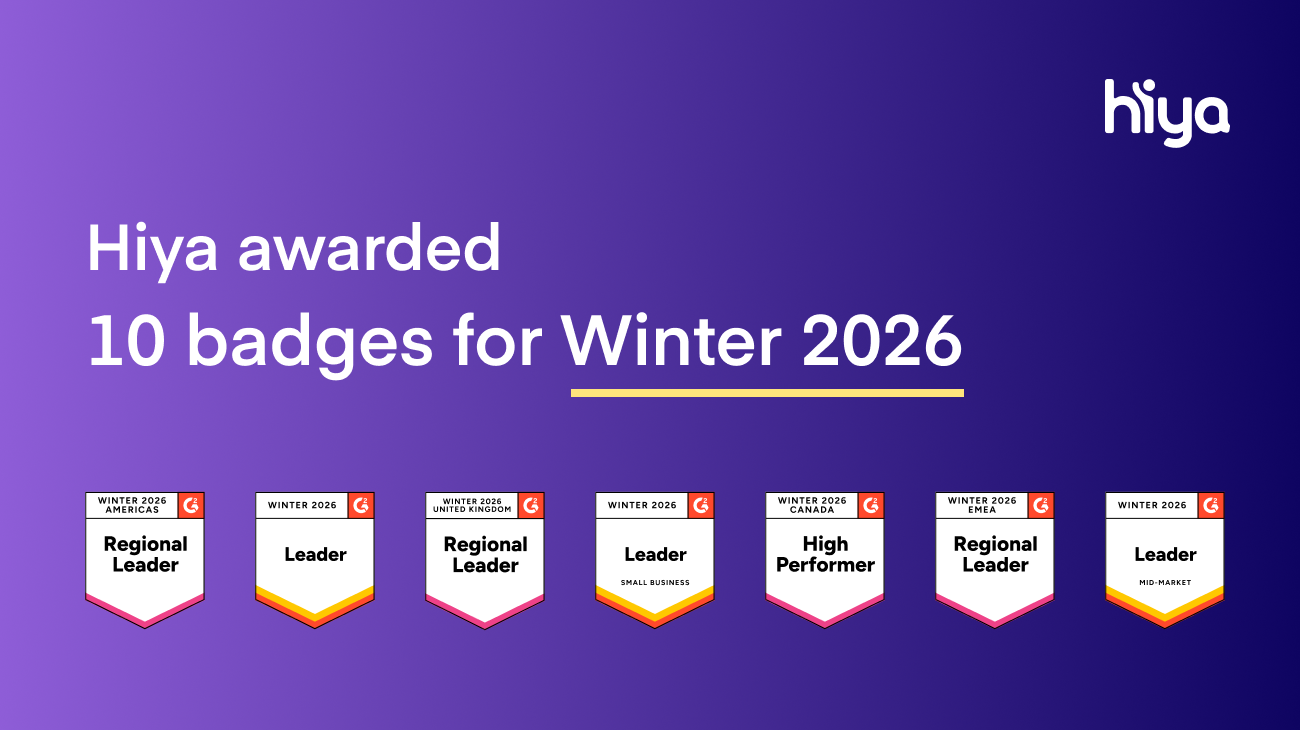
Many of the top phone scams are seasonal, such as package delivery scams during holiday season and tax scams before and after tax deadlines. This month’s Scam of the Month topic, energy scams, have two peak seasons: winter and summer, when utility bills are at their highest.
Energy scams are among the most common types of phone scams in the world. In Hiya’s most recent Global Call Threat Report, energy and utility scams ranked among the top 10 in several countries Hiya tracks. In fact, energy scams ranked #1 in France, #2 in Spain and #6 in the UK in the fourth quarter of 2024.
Read on to see how these scams work and what you can do to fight back.
What Hiya users are saying about energy scams
Here are some examples of what Hiya users from around the world are reporting about energy-related scam calls they’re received. People using Hiya’s spam protection service via their device manufacturer or the Hiya AI Phone mobile app are able to report unwanted calls and they can also leave written comments. Here’s what users are saying about energy scams:
- From the UK: “Claimed to be Chris, our local Energy Adviser working in the area, but he could not tell me my area or postcode. Have received the same call multiple times.”
- From France: “Offers government assistance for installing solar panels.”
- From Spain: “They call pretending to be electricity companies and want you to give them your information so they can carry out their scams.”
- From the US: "Said they were calling from my electric company and that my electricity was going to get cut off in 30 minutes if I didn't pay him.”
- From Canada: “Illegal electric bill refund scam”
Energy scams in France
European countries seem to endure more than their fair share of energy scams. That could be because energy prices are relatively higher compared to the US and Canada. Also, in many European countries, residents are allowed to choose their electricity provider, and competition is fierce for customers. It’s not uncommon for consumers to receive calls from utility providers competing for their business, and citizens are sometimes unsure whether an incoming call is a legitimate telemarketing call, or a fraudster trying to steal their personal information.
Such is the case in France, where energy-related calls were the most common type of unwanted call in Q4 2024 — and solar energy calls came in second. While many Hiya users reported these as telemarketing calls, it’s more likely they are fraud. That’s because in France, the Naegelen Law — which places limits on telemarketing calls — specifically prohibits solicitations for energy/electricity contracts.

Energy scams in the US
In the US, a common type of energy scam involves fraudsters impersonating utilities, calling with a disconnection notice. Some may simply identify themselves as “your electricity provider” but others are more targeted, using the name of a specific utility. In the US, where generally your utility provider is determined by where you live, it’s not hard for fraudsters to match up a telephone area code with the utility provider for that region.
We’ve seen several of these calls in Hiya’s honeypot, a collection of hundreds of thousands of Hiya-owned phone numbers used exclusively for analyzing and stopping illegal robocalls. Here are two examples:
- “This is a call from Duke Energy, your electric service provider, to inform you that electric services will be disconnected in the next 30 minutes. To avoid disconnection of your electric service, press 1 or wait for the next available representative.”
- “This is an automatic notification from PSE and G. There is a disconnection order of your service due to lack of payment. The disconnection will take effect in 45 minutes. Please avoid this interruption by speaking to the billing department. Press 1. Thank you for using PSE and G.”
Energy scams in the UK
A common ploy in the UK is to create energy scams that relate to government-funded programs.
We saw this in 2022 when energy scam calls picked up in the weeks leading up to a £400 energy bill discount provided by the government. That payment was automatically credited to users’ accounts, although scammers told unsuspecting customers they needed to provide their bank account number so the payment could be electronically transferred to their account.
This year scammers are targeting the government’s Winter Fuel Payment, which provides funds to help pensioners pay their winter heating bills. In January, the BBC reported that criminals are sending text messages encouraging people to register for a government funded fuel allowance. The messages include links to gather personal and financial data.
Scam calls and texts are sure to increase whenever the government announces a new fuel allowance program or when there is confusion about how to qualify for or apply for an existing allowance.
How to fight back against energy scams
Just Energy, whose energy brands serve customers in 10 US states and 4 Canadian provinces, offers a list of warning signs on their web page Electric Company Scams and How to Avoid Them. Some giveaways that a call is not from a legitimate energy company include:
- The caller creates a sense of urgency — such as threats to cut off power unless payment is made immediately.
- The caller is short on details, and might not be able to state the correct name of the energy company or details about the account.
- The caller requests unconventional forms of payment, such as prepaid debit or credit cards, wire transfers, money orders, or cash.
But the best way to avoid energy scams and other phone scams is to prevent them from reaching your phone in the first place.
For carriers, there’s Hiya Protect, which protects subscribers by blocking fraud calls and labeling nuisance calls. Using Adaptive AI technology, Hiya Protect analyzes past and present call patterns and responds to new threats as they emerge.
Businesses can help their customers feel safe answering the phone by adding Hiya Connect. Hiya Connect’s Branded Call enables businesses to display their company name, logo and reason for the call on the recipient’s mobile phone.
For individuals there’s the Hiya AI Phone app. Available for both iPhone and Android, the app offers an AI-powered assistant that screens phone calls, protects users from scams (including deepfake voice clones), and takes notes to enhance the calling experience. Download the app to start your 14 day free trial.

.jpg)

